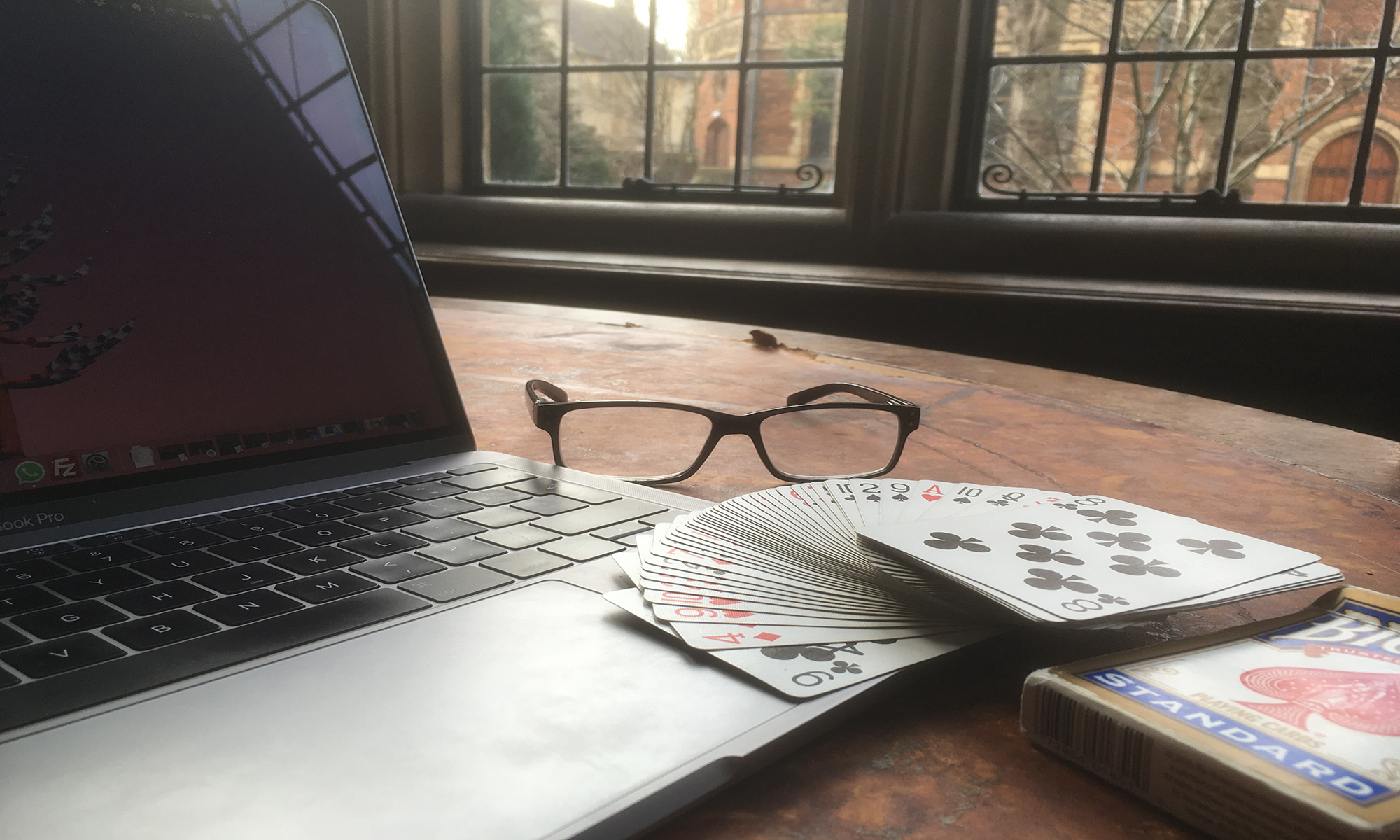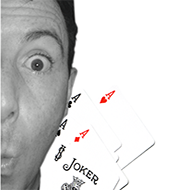
An incredibly useful concept that I picked up some time ago from a Michael Hyatt podcast is that of an effective hourly rate. Basically, identify a realistic target annual turnover, ie, your salary plus business expenses. Then divide by the number of hours you can/ want to work in a year.
Some Sums
My target turnover was £45K p.a. As a magician, my expenses are fairly low, mainly travel, advertising and a few packs of cards.
I don’t want to work more than 35 hours each week and I reckon on 45 working weeks each year – a fairly generous holiday allowance plus a built-in safety factor – I am fully self-employed so can’t guarantee work every week. That gives a total of 1575 working hours in the year. £45K divided by 1575 results in £28/ hour.
At first I was shocked at how high it was. But it did serve to focus my mind on how I was using my time. In particular it made me more intentional in the following areas: my charging structure, my travel choices and my choice of leisure time. I will cover travel choices in a later post.
Charging Structure
If you are freelance then you will probably be charging an hourly, per-job or day rate to your clients. Lawyers are famous for their “billable” hours, but you can’t really do this if you are a magician!
However, you do have to recoup the cost of your time spent on promotion, processing bookings and admin. Using your hourly rate and a realistic assessment of how long each job will take, including preparation, travel and follow-up, you can then work out how much it is really costing you.
This will give you a minimum that you need to make from from that job.
However, I should note that is not necessarily what you should charge the client – you may well need to charge more.
You have to factor in the going rate for your industry. Magicians hate it when other magicians undercut the market and start a race to the bottom in terms of fees. It devalues everyone’s offering and does no-one any favours in the long-term. You need to maintain both the public’s perceived value of what you offer as well as good relations with others in your industry.
Intentional Recreation
Your time is a zero-sum game. There are only 24 hours in a day, only 168 hours in a week. Saying yes to one thing always means saying no to something else, even if it is rest, recreation or time with friends or family.
You need a healthy balance between working, recreation and time with those you love.
Working out your hourly rate will give you an appreciation of what your time is worth in financial terms. But this in no way means that you should seek to max out your working hours in order to maximise your income. That is not sustainable and is not good for you or for those around you.
However, it should make us think about what we choose to do with our recreation time. Sometimes we just need to slob out in front of junk TV or our Facebook feed, but put strict boundaries on those. I would encourage you to seek leisure activities that feed your mind, body and creativity. Think theatre, reading, cooking, exercise, sleep(!)…
It’s time to value your time.




